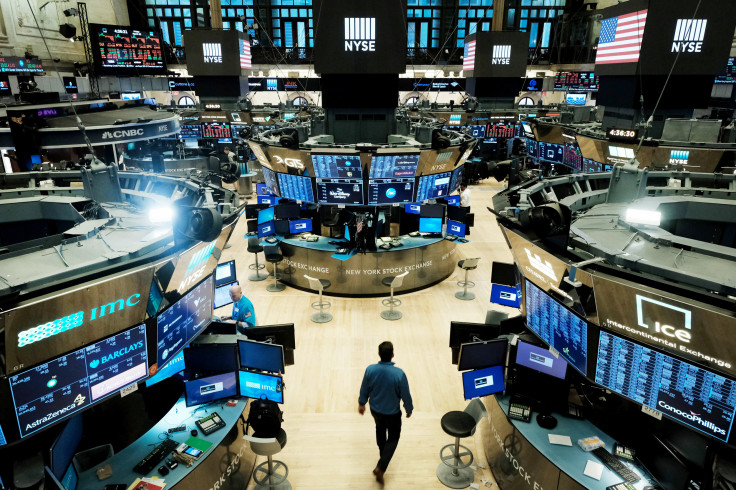Interest rate hikes and consumer doubts threaten to destabilise current operations on Wall Street
A new report into the current market landscape by Hargreaves Lansdown's Susannah Streeter suggests a bleak future ahead on Wall Street.

Wall Street stocks could suffer according to a market report from Hargreaves Lansdown's Head of Money and Markets, Susannah Streeter. Insight from Streeter revealed the role potential interest rate hikes and consumer doubts may play in the potential shaping of the current market space on Wall Street.
The fear of interest rate hikes being brought back up caused the S&P 500 to drop by more than 1% in early trade.
Concerns that not enough is being done to decrease the rate of rising inflation has been detrimental to both the US and UK market spaces as Streeter states it has "seeped into trading, pushing stocks on Wall Street lower with the FTSE 100 also caught on the back foot".
Streeter described investors' need for potentially three successive interest rate hikes in the US can "tame the price spiral and that's set to send consumers more cautious".
Home Depot have been struck from the downturn within the home improvement industry with customers budgeting extra. According to Streeter, they are more likely to focus on "ring-fencing budgets to experience life by socialising and going on trips". She believes "using hard-earned dollars on sprucing up homes is falling more out of fashion".
The increase in interest rates and inflation has led Home Depot to theorise how consumers are going to behave in the emerging times ahead. They believe customers are shopping for cheaper appliances and perhaps not focusing on big housing projects and instead delaying them.
This marks the first time since November 2019 that the company has missed its Wall Street expectations for revenue. On the company's shares, Streeter noted that they "slid by more than 5% early trade after the company warned that profits will slip this year".
Streeter outlined how this will squeeze both ends with companies such as Home Depot, "having to pay higher wages to attract staff and navigate rises in costs through the supply chain". This raise in hourly employees' wages is expected to cost Home Depot $1 billion.
At the same time demands for goods will likely decline as consumers face tough choices on what they use their available finances to spend on.
Walmart missed its Wall Street predictions for the current fiscal year in regard to its net sales growth. Wall Street predicted a 3.3% increase whereas Walmart pulled in 2.5%-3%.
Streeter indicates that Walmart's strategy with lowering prices has meant "margins are set to bear the brunt of hikes from suppliers who are passing on the unwelcome effects of high input prices". Borrowing costs are also set to rise as a result of a potential triple interest rate hike by the Federal Reserve this year so customers will have to navigate making ends meet.
Walmart's shares fell back in early trade; however, the restraint consumers have for shopping now could also open up potential new opportunities in the long-term for interested investors.
Hargreaves Lansdown's Head of Money and Markets further said, "Market share could widen as more consumers turn cautious, and if they can be persuaded to hang around once inflationary pressures subside, there could be longer term benefits."
This refers to Walmart's multi-channel operations which include its online shopping option, brick and mortar stores. Streeter added that the "convenience of curb side pick-up services and ease of booking delivery slots should help shelter Walmart".
This approach should assist Walmart more so than companies including Amazon, whose plans only include expanding physical stores.
Meanwhile, the FTSE 100 has had a tough time of late, remaining in the red particularly due to the mining industry and housing market, which has dragged the index further down.
The mining companies face a difficult period as seen with BHP. Its interim profits have fell from higher costs and lower iron ore prices which meant they missed analyst expectations of $5.5 billion.
House builder stocks have also struggled recently due to the housing market slowing down. As a result, they are among the UK's worst active stocks in the last 12 months, down by roughly 35%.
HSBC provided some encouragement as Streeter stated its "strong fourth quarter results, almost doubling of a year ago, gave investors reason to cheer". Furthermore, HSBC overcame estimates to rake up a pre-tax profit of £4.3 billion. The rise on interest rates globally contributed to this.
As a result of the UK economy appearing better than feared from PMI data, it has led to a boost for consumer discretionary stocks such as JD Sports, Frasers Group and ABF.
© Copyright IBTimes 2025. All rights reserved.






















